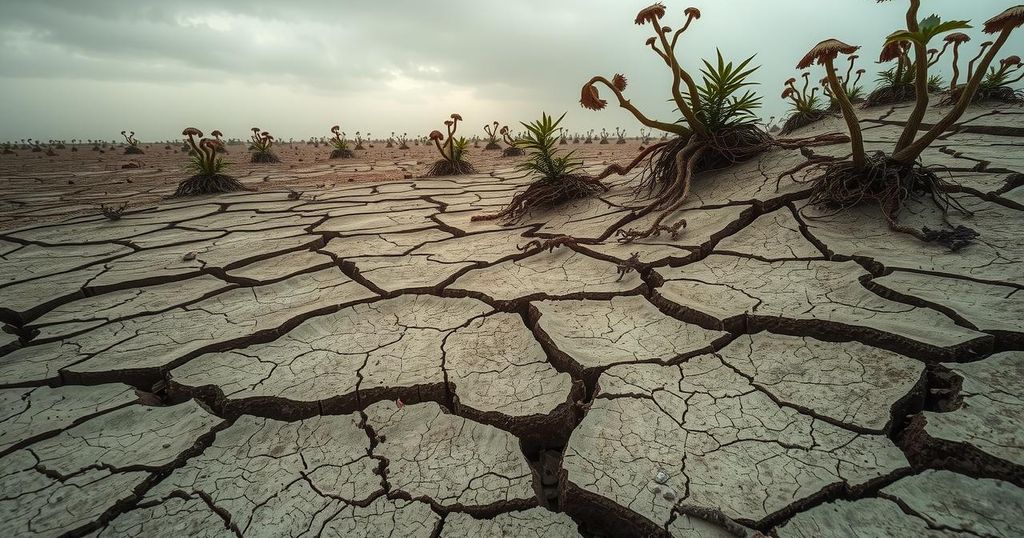Media Coverage Decline on Climate Change Raises Concerns

- The media has significantly decreased its focus on climate change.
- Australia has seen the lowest coverage of climate issues since 2014.
- Public support for renewable energy and climate policies has declined.
- Recent data shows a surge in fossil fuel support in Australia.
- The trend of decreasing climate coverage mirrors global phenomena.
Declining Media Coverage of Climate Change
The decreasing coverage of climate change by the media is disheartening, especially as we approach the milestone of the Paris Climate Agreement, adopted almost a decade ago. According to the Media and Climate Change Observatory (MeCCO), which monitors mentions of climate change across numerous high-circulation outlets worldwide, there has been a noticeable decline in reporting since 2020. One might think this trend would change given the urgency of the climate situation, but alas, coverage continues to fall, following a consistent downturn in many regions, including Europe, North America, and Asia.
Australia’s Sharp Decline in Climate Mentions
In looking specifically at Australia, the trend is alarming. The data from MeCCO reveals that June 2025 had the least mentions of climate issues in the media since 2014. What’s more, the ongoing decline appears to be sharper than that in other nations, with nearly 90% of the previous two decades seeing a greater focus on climate-related topics than we witness today. The contrast is particularly stark when comparing peaks, such as the federal elections in May 2022, which saw a surge in climate mentions due to the political discourse, versus the more recent elections in May 2025, where discussions on climate policy barely registered as a talking point.
Public Support for Climate Change Dwindles
The correlation between reducing media attention and waning public support for renewable energy initiatives adds another layer of concern. A recent survey indicates that support for climate policies has dropped significantly in Australia since 2021. Alarmingly, backing for subsidies on renewable energy sources has decreased, while support for fossil fuels has surged. The worrying trend suggests that without reinvigorating a dialogue around climate change, the public’s interest could dwindle further, particularly as the impacts of fossil fuel usage become more evident. We seem to be at risk of entering a feedback loop where diminishing media focus on climate feeds into reduced public concern, which in turn leads to even less media coverage.
As we mark ten years since the Paris Climate Agreement, the decline in media coverage regarding climate change is deeply troubling. Australia exemplifies trends that show how a notable dip in media mentions parallels a decline in public support for climate policies. Restoring honest discussions around climate change is imperative, not only for informing the public but for mobilizing support and action.







